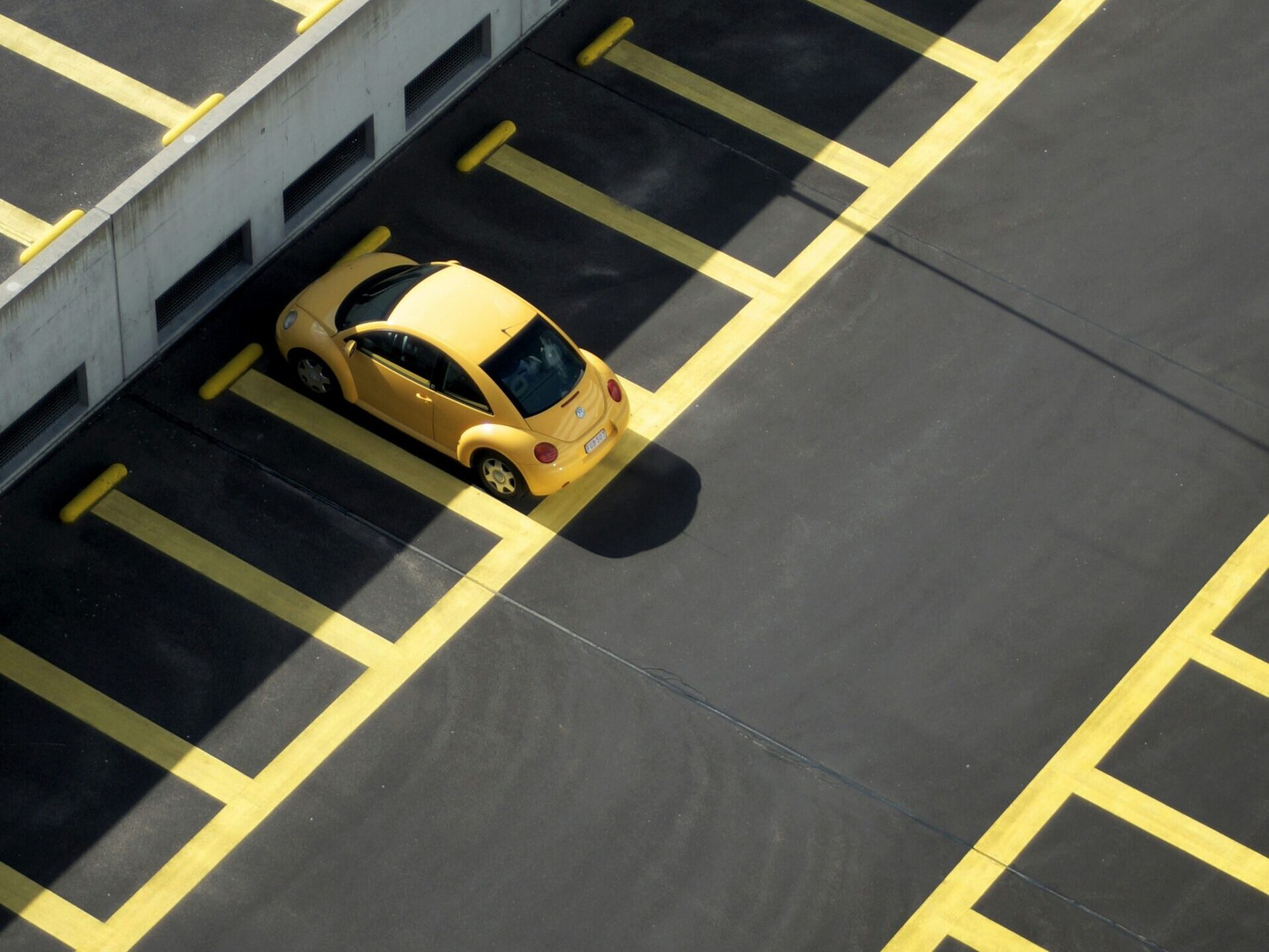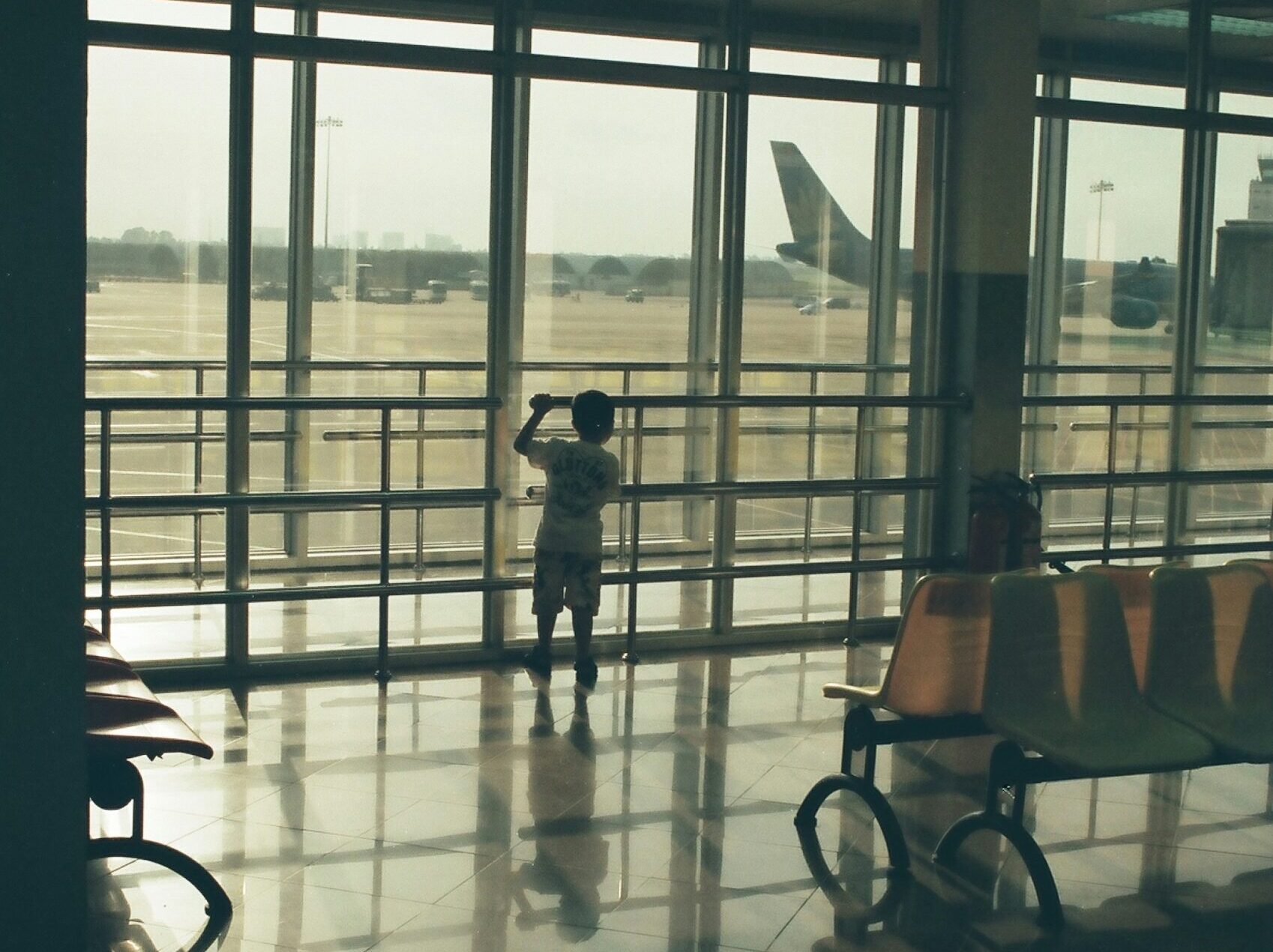Will Europe’s Skies Collapse This Summer? ATC Strikes and Chaos Loom
Is Europe headed for another summer of travel chaos? Staff shortages, strikes, and wildfires could bring delays across the continent
by Lauren Smith
July 11, 2025
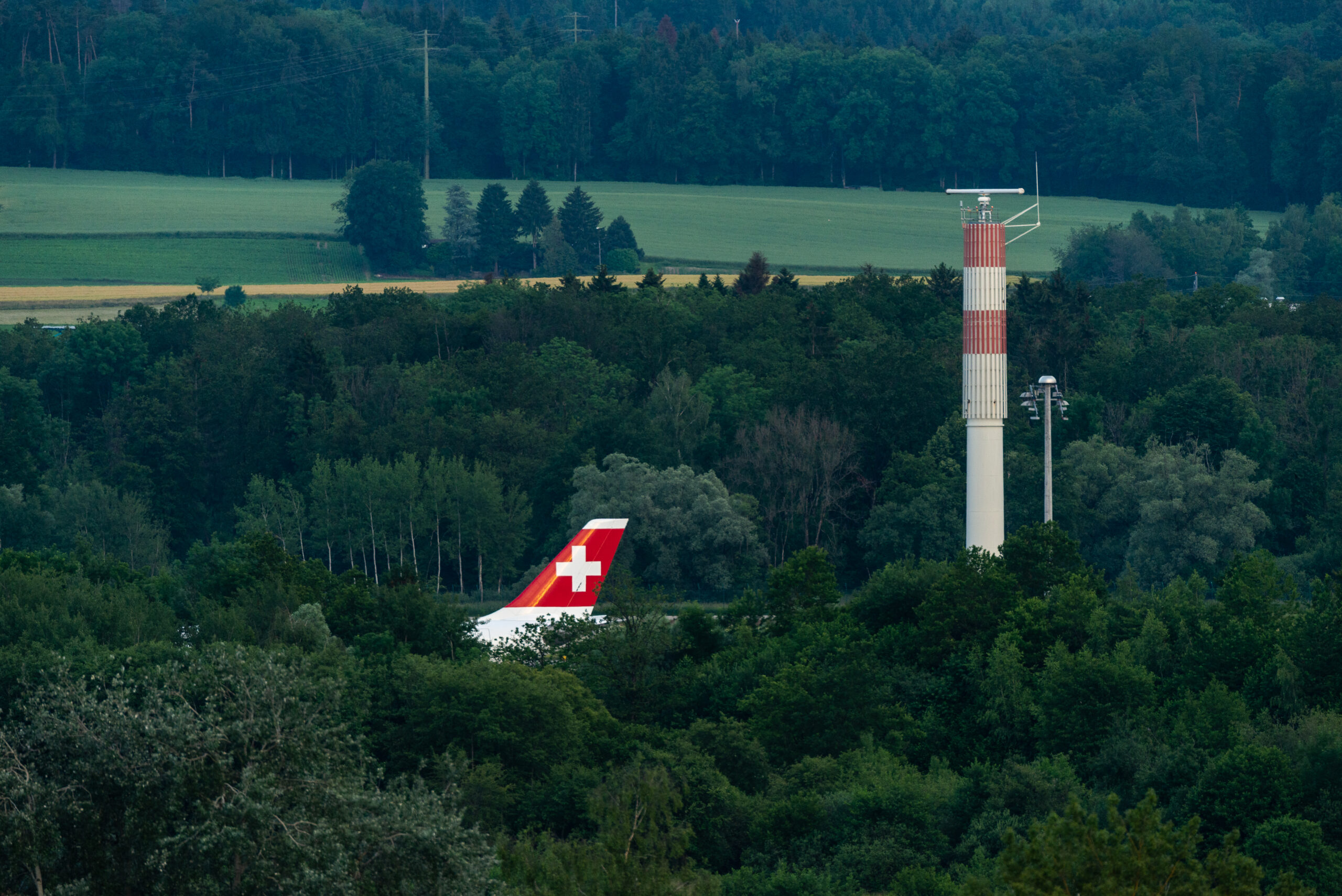
Photo: Courtesy of Zurich Airport
Staff shortages and strikes in air traffic control towers, wildfires, war, and high demand could cause unprecedented travel disruption this summer, EU officials warned this week.
“Last year, we had the worst summer ever in terms of [flight] delays and cancellations. This year will be very similar,” a senior EU official told the Financial Times.
ATC staff shortages
On the busiest days, around 37,000 flights operate within European airspace, close to the limit that current air traffic control systems can accommodate, the unnamed official said.
Those systems are also under stress due to understaffing. Much as in the U.S., Europe has struggled to replenish the ranks of its air traffic controllers after pushing some into early retirement and pausing recruitment during the pandemic. Training air traffic controllers is time-intensive, with certification in some parts of Europe taking up to five years.
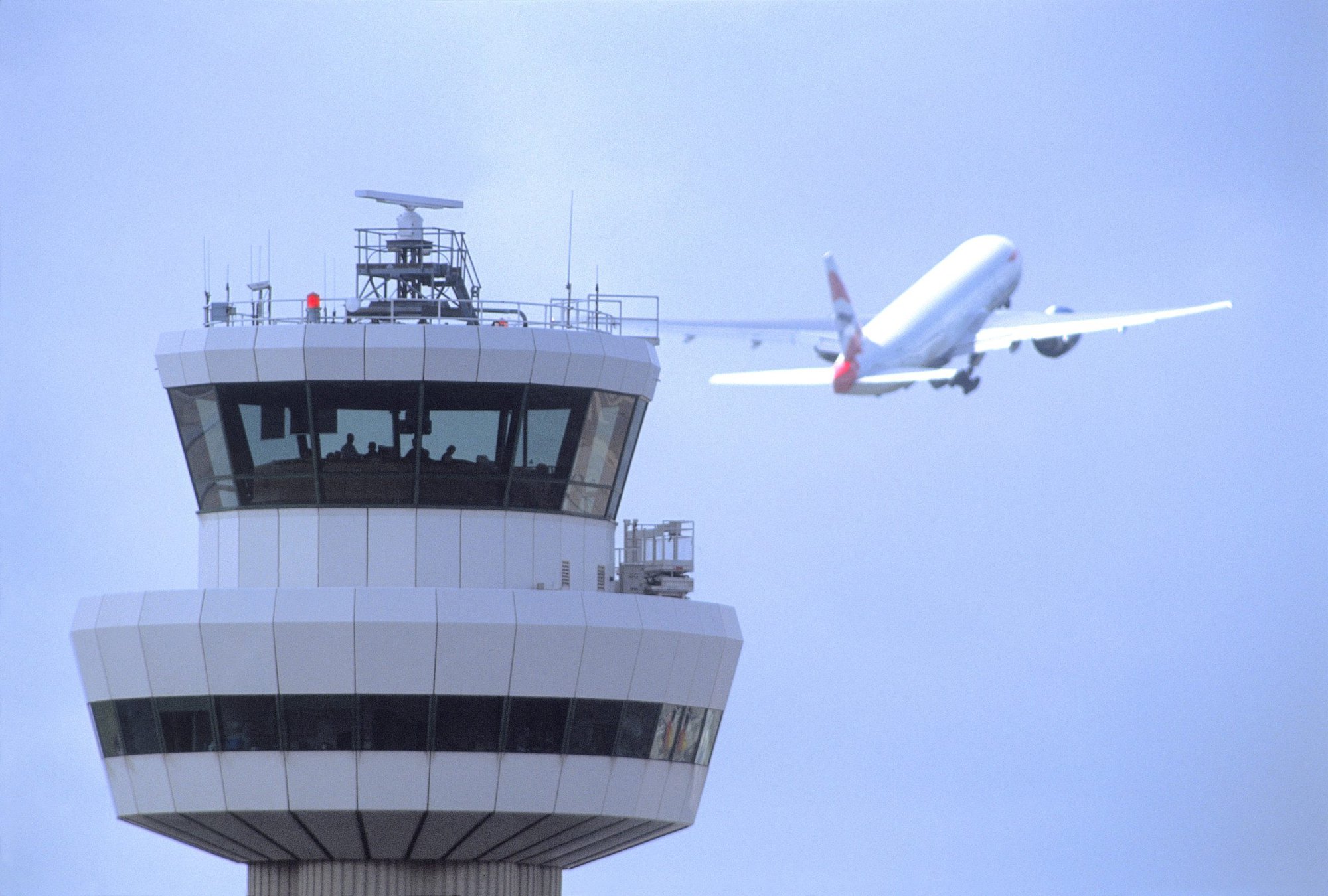
Photo: Courtesy of London Gatwick Airport
Eurocontrol, the continent’s air traffic control body, warned in April that the bloc’s air traffic control infrastructure could struggle to accommodate high demand this summer. At that point, air traffic was up 5 percent compared to 2024, with a commensurate 5 percent rise in delays linked to air traffic flow management.
Eurocontrol identified nine countries where flight disruptions were likely, including summer travel hotspots France, Germany, Greece, and Spain.
The European Commission has said it is working with aviation safety agencies to adjust rules for training air traffic controllers.
In June, EU transportation commissioner Apostolos Tzitzikostas wrote to transportation ministers across the bloc urging them to ensure that air traffic controllers in their countries “actually deliver the capacity they have formally promised and deploy air traffic controllers in the locations and in the time slots they are most needed.”

Photo: Star Alliance members. Courtesy of Pascal Meier / Unsplash
“The lack of controllers threatens to overload the network and frustrate passengers,” he said.
Meanwhile, airlines are urging the EU to complete the long-delayed “Single European Sky” project initiative, which would reduce fragmentation in European airspace by coordinating air traffic control across borders. With unified, simplified air traffic control across the continent, flights could take the most direct routes to their destinations, rather than flying between air points managed by different countries, reducing delays, flight times, and carbon emissions.
Industrial action, wildfires, and war
Staff shortages have recently been compounded by industrial action. Air traffic controllers walked off the job at airports across France on two days last week, protesting their outdated equipment and understaffing. The strike disrupted 4,000 flights across the bloc, according to Eurocontrol, and cost the industry around €100 ($117) per minute.
Air France-KLM, France’s partly state-owned national carrier, is facing losses of millions of euros due to the disruption, French transport minister Philippe Tabarot said.
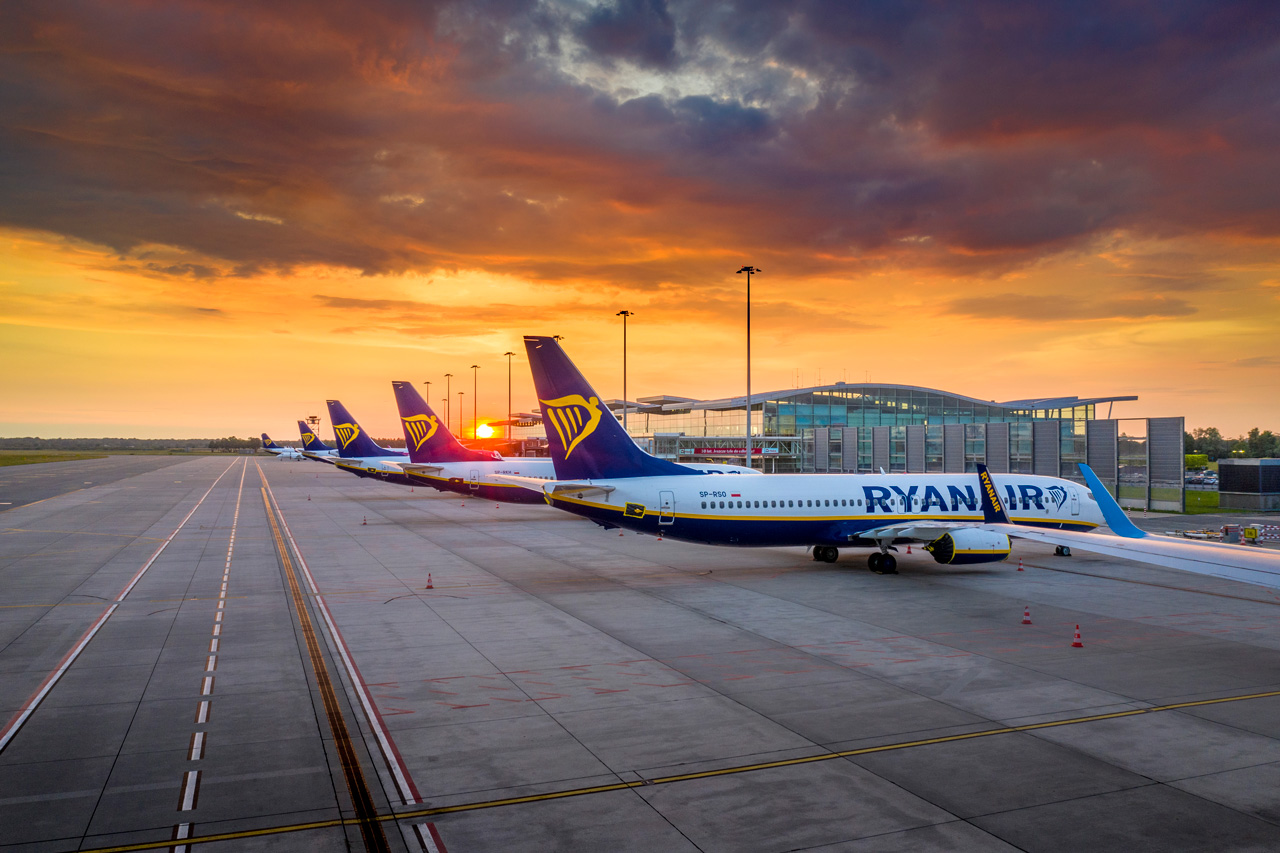
Photo: Courtesy of Ryanair
Ryanair claimed the strikes forced it to cancel 1,500 flights, impacting 270,000 passengers. The low-cost carrier’s CEO, Michael O’Leary, said European Commission President Ursula von der Leyen should resign if she is unable to protect the single European aviation market during the strikes.
European aviation is also facing an increased threat from climate change and related natural disasters. Approaching wildfires forced the closure of Marseille Provence Airport (MRS) on Tuesday, with hundreds of flights cancelled. Increasingly common and powerful wildfires in Greece now disrupt aviation and travel plans every summer.
“For the future, we see a lot more extreme weather events, some of which are dangerous for aviation,” the anonymous EU official said.
Geopolitical crises are also affecting aviation. With Ukrainian airspace closed due to ongoing hostilities and EU carriers barred from Russian airspace, European flights are operating in a restricted area, further stressing the air traffic control system, Tzitzikostas said.
With airports “busier than ever… Europe cannot afford chaos in the skies,” he said.

